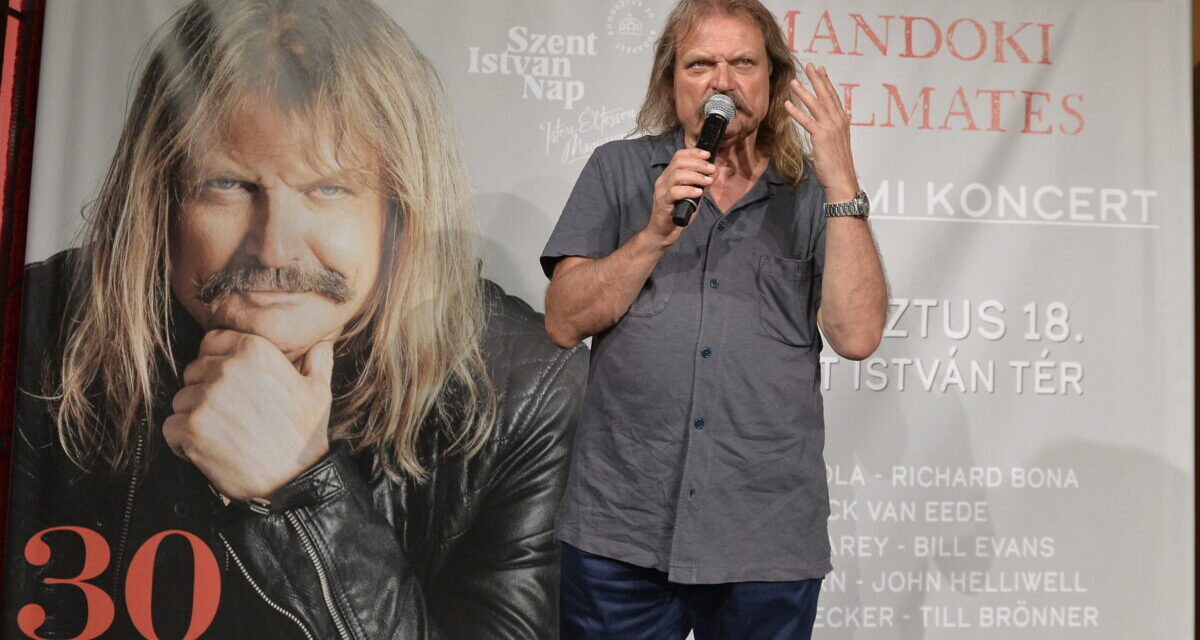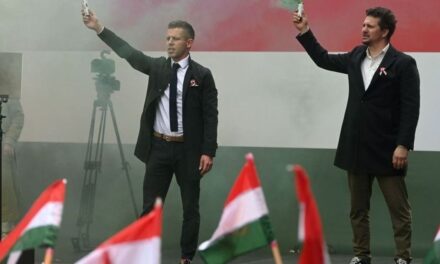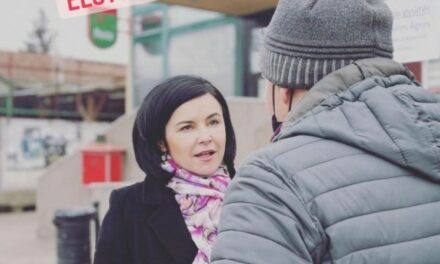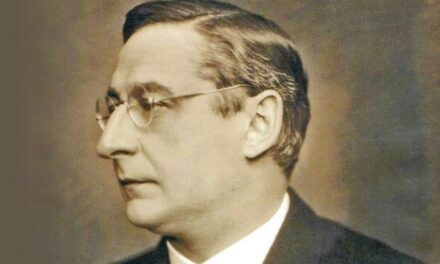The rock musician who "defected" to the West writes that since he didn't speak a word of German at the time, his first thing was to learn German in every free moment.
My love for "my Germany" prompts me to write down some thoughts here from the point of view of a former illegal immigrant, and as an artist to simply remain vocal, writes Leslie Mandoki, aka László Mándoki, according to the Focus report published by Mandier, which is described below:
In 1975, at the age of 22, together with two of my artist friends, I dared to escape to the West through the Karawanken tunnel despite the order to shoot. We wanted to leave behind us the dysfunctional Hungarian society under Russian occupation, militant, with only one "licensed" but publicly acceptable socialist unified opinion, and finally we came to Germany.
This was paradise for us. Germany.
A country that was in love with success!
Not only were there schedules, but they were followed exactly.
I applied for asylum and soon after, through the employment office's own artist service, I was able to play as a musician at the Swabian State Theater. Only a few weeks passed between illegal immigration at the green border, the submission of an asylum application and the first participation in the creation of social value, as well as the possibility of self-determination.
For me, it was like starting a new life. Nothing motivates and integrates people better than getting involved, working together, becoming part of society.
Based on my own experience, I am convinced that integration is the responsibility of immigrants.
Since I didn't speak a word of German at the time, my first priority was to learn German in every spare minute I had. In the middle of my desk was a large dictionary, the Frankfurter Allgemeine Zeitung to the right, the Süddeutsche to the left. At that time, the two newspapers only agreed on the weather report and the television program. On every other topic, they took contradictory positions.
At that time, the journalistic distinction between fact and opinion was still very clear. Contrasted with today's hybrid journalism, where we often find apparent facts that are actually opinions.
In any case, I celebrated this wonderful pluralism, which was in stark contrast to Hungary occupied by the Russians,
where censorship was almost unnecessary, because all journalists wrote only one and the same mainstream anyway, which met the requirements of the one-party system.
Here in Germany in the mid-1970s, it was a wonderful experience for me to have controversial political debates with different views. People were "opponents" not because they had completely different opinions, but simply because they did not share the same view.
These intense debates and exchanges of arguments led to an increase in knowledge and fostered mutual understanding.
It was different than it is today, not to mention the social media hate speech I wrote the song "Devil's Encyclopaedia" about.
I fell in love with this German peacefulness and pacifism, I enthusiastically participated in the Easter parades, and later I was happy with the pacifism of the Greens.
My anthem was "Wozu sind Kriege da" by my soul mate, Udo Lindenberg, I was able to put down deep roots because I was finally free to shape my life.
Cover photo: Leslie Mandoki, musician-producer living in Germany
Source: MTI/Lajos Soós













